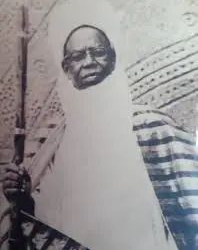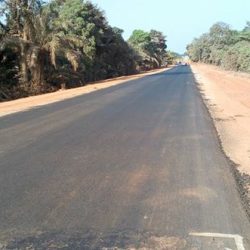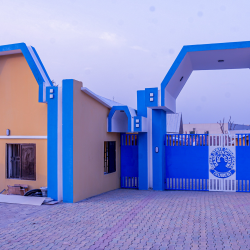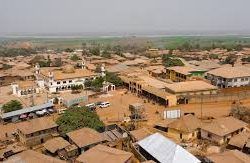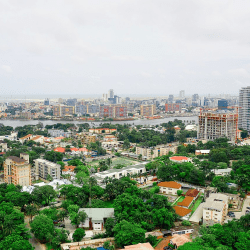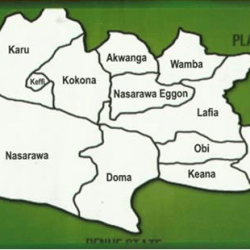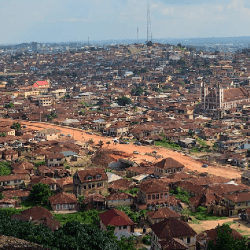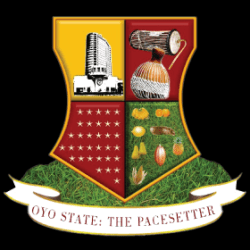Benue State, located in Nigeria’s North-Central region, was created on February 3, 1976, during the military regime of General Murtala Mohammed. Named after the Benue River, which flows through the area, the state was carved out of the former Benue-Plateau State to give the people in the area a more distinct political identity.
The indigenous population primarily includes ethnic groups like the Tiv, Idoma, Igede, Etulo, and Jukun, who are known for their unique cultural practices and languages. The Tiv people are the largest ethnic group in the state, followed by the Idoma. The state’s capital, Makurdi, developed into an administrative and economic hub due to its strategic location along the Benue River, which aids in agriculture, fishing, and transportation.
Historically, Benue State has been known as the “Food Basket of the Nation” because of its rich, fertile land that supports extensive agricultural activities, including the cultivation of yams, cassava, maize, and rice. Despite its agricultural potential, the state faces challenges, such as underdeveloped infrastructure, socio-political tensions, and security issues, including conflicts related to land and farmer-herder disputes.
Today, Benue State remains a focal point for discussions on agricultural development, ethnic diversity, and security, aiming to improve its socio-economic status and address the various issues facing its people.





